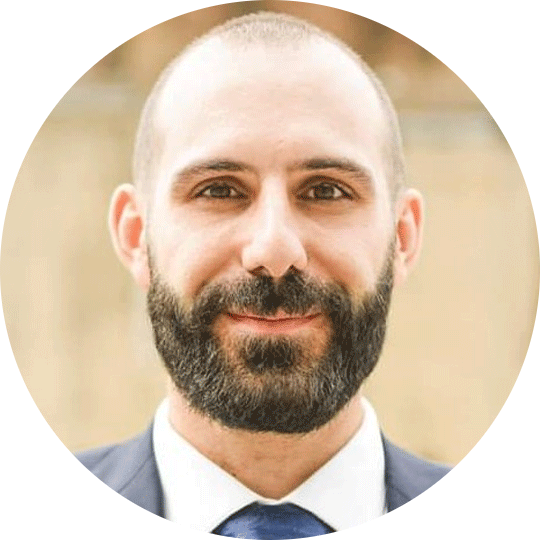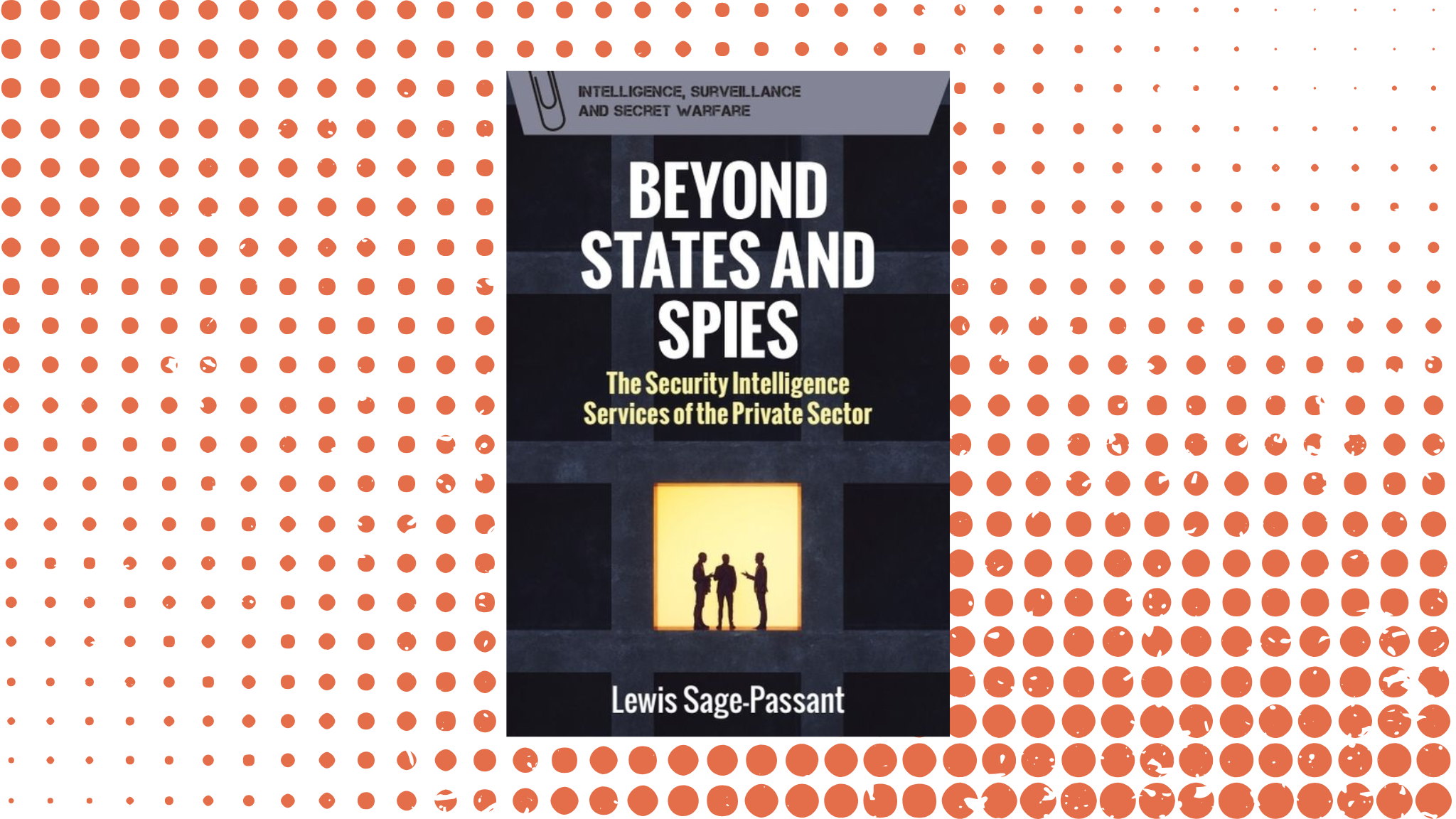There is an old Cold War-era adage in the intelligence profession that goes something like this: “There might be friendly nations. But there are no friendly intelligence services”. It is a truism that still resonates today.
“Even in the really close alliances like Five Eyes or UK-USA, there’s still a degree of suspicion between intelligence services,” says Lewis Sage-Passant, PhD, the author of a new book which explores the fast-growing field of private sector intelligence.
“In the private sector, this adage is almost entirely reversed. You can be in a really bitter commercial rivalry with another company, but there’s a good chance the intelligence teams are on a first name term basis, and they’re talking very regularly.”
Sage-Passant, who is also the Global Head of Intelligence for Novo Nordisk, says that collaboration and transparency are some of the defining traits of private sector intelligence – an often overlooked space.
“I work for a pharmaceutical company. Our biggest rivals are actually advising us on how we build our counter-espionage program, how we look at geopolitical risk. We have industry chat groups where hundreds of companies are sharing, in some cases, finished intelligence products with each other. In the state sector, that is very, very rare.”

“Our biggest rivals are actually advising us on how we build our counter espionage program, how we look at geopolitical risk. We have industry chat groups where hundreds of companies are sharing, in some cases, finished intelligence products with each other.”
– Lewis Sage-Passant, PhD, author of Beyond States and Spies
This is one of a number of findings from Sage-Passant’s book Beyond States and Spies: The Secret Intelligence Services of the Private Sector which aims to bring an understanding of the private sector into mainstream intelligence studies.
“The view in academia is that either private sector intelligence doesn’t exist, or if it does, it’s a new thing that’s eroding a government monopoly. And I wanted to show that actually, it’s potentially the other way around. Private sector intelligence has existed longer than any currently existing government intelligence agency. There is just no description out there of what the private security intelligence field is.“
Sage-Passant’s research includes interviews with corporate intelligence practitioners at 62 of the world’s largest companies. It shows how the private sector’s capabilities have grown alongside intensifying global power economic competition.
One of its key strengths is its flexibility, particularly in adopting new technological tools. Social media intelligence has become more important than human intelligence, Sage-Passant notes, and companies have been able to integrate it faster than governments because they are generally more agile.
“Governments have often struggled to integrate new technologies like social media, because it has to go through all these bureaucratic clearances and there’ll be cultural resistance,” Sage-Passant says.
“Technology allows us to collect information at scale and just have one or two practitioners see what’s relevant for us and triage it for importance. Tools like Factal are helping with that,” Sage-Passant says. “It’s a massive force multiplier.”
“I think what will become more important in the future is knowing that a human has looked at this, a human has validated this is real, and that you can trust this information, because that trust is not a default anymore.”
Corporate intelligence practitioners still largely come from government backgrounds, Sage-Passant admits. But even that is changing. The variety of experience is endless.
“People are coming into the field from other backgrounds, former journalists and academics. I’ve met art fraud investigators. I’ve met former lawyers,” he says.
“Intelligence looks absolutely different in every company. I’ve seen some that have really formal, mature processes. I see others where they are just struggling to keep up with the scale of work. There’s no standardization, there’s no playbook.”
Corporate security is not a regulated field, and there are no industry-wide accreditations or qualifications. These are things that Sage-Passant hopes will change as the field continues to professionalize.
“We are facing threats right now as a society that are so hybrid in nature that the state alone cannot solve them. I think a lot of the answers to those problems will only come from the private sector. But it is not without risks either. There are ethical limits to what is appropriate and inappropriate uses of intelligence. It can get very risky very quickly,” Sage-Passant says.
The growing power of corporate intelligence brings with it ethical dilemmas of its own.
“What keeps me optimistic is the vast majority of practitioners got into this job because they want to keep people safe. There is broadly a characteristic that you find across the field of wanting to do the right thing.
Beyond States and Spies: The Secret Intelligence Services of the Private Sector by Lewis Sage-Passant, PhD, is published by Edinburgh University Press and available to order now on their website and on Amazon from December 31st 2024.
Factal gives companies the facts they need in real time to protect people, avoid disruptions and drive automation when the unexpected happens.
Try Factal for free or talk with our sales team (sales@factal.com) for a demo.

